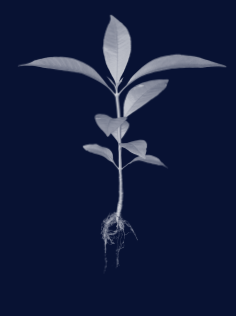
The design of TEST SITE’s architectural interventions
led by Ailbhe Cunningham include a pavilion,
a ‘Coill Bheag’ (small native woodlands), seating
and hoarding elements.
These interventions are designed and delivered in a cross-disciplinary engagement with design and construction partners, Artists at TEST SITE, the community boat builders of Meitheal Mara and local architecture students.
Opposite: Photograph of the pavilion.
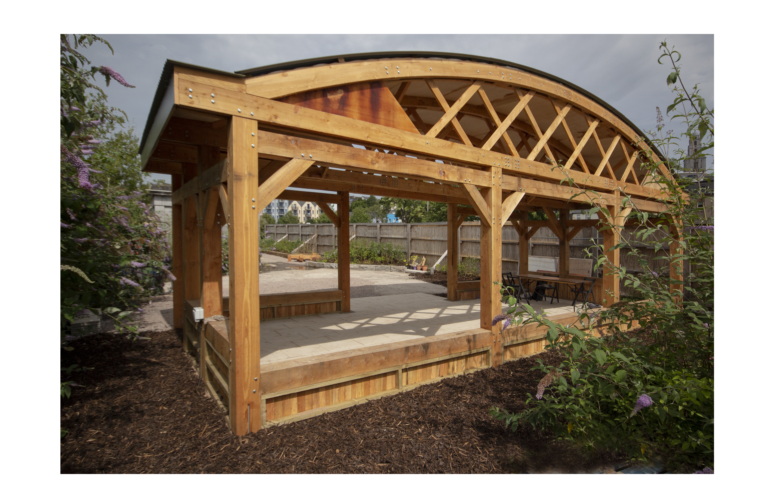

The brief for each intervention is three fold:
1
eliminate, the production
of waste from the
construction process.
2
response to the built &
natural heritage of the site.
3
home for public discussion
around, and engagement
with, the importance of high
quality, regenerative
placemaking.
The vision is one which sees a structure for public engagement constructed so that waste is prevented at each stage of its lifecycle, from design to the end of the TEST SITE Project. Second life use for the structure, or its components are considered at the design stage and methods of construction are chosen to maximise the value of components in the cycle for as long as possible (eg. types and treatment of wood joinery, bolts, source of materials are all considered).
Looking beyond the current take-make-waste extractive industrial model, a circular economy aims to redefine growth, focusing on positive society-wide benefits. It entails gradually decoupling economic activity from the consumption of finite resources, and designing waste out of the system. Underpinned by a transition to renewable energy sources, the circular model builds economic, natural, and social capital. It is based on three principles:
Design out waste and pollution
Keep products and materials in use
Regenerate natural systems
Source: Ellen MacArthur Foundation
Home
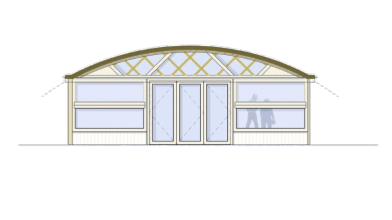
In collaboration with Silvabuild, ARUP and
Meitheal Mara, TEST SITE architect Ailbhe Cunningham has designed a wooden structure (pavilion) which is informed by the industrial
heritage of an adjacent sawmill.
The roof structure consists of a modern day adaptation of the Belfast Truss. Employed in the roof of the neighbouring sawmill, the roof truss was traditionally made up of glued and nailed lengths of wood. This modern interpretation avoids the necessity for glue / nails and depends entirely on hand cut joints and bolt fastenings. This design approach was found by designing with the circular economy principles – sustainably sourced and local materials are used in the construction in such a way that the building can be disassembled and reassembled in a future space while maintaining the highest possible material value of each individual material used.
bank of materials available for reuse in the Sawmill buildings
(namely structurally intact Belfast Roof Trusses).

The temporary structure is designed with an intentional short use in order to fast track to the Disassembly and Reassembly phases of the Procurement Process designed using Circular Economy Principles. An online materials passport will be developed and easily accessible to the public online.
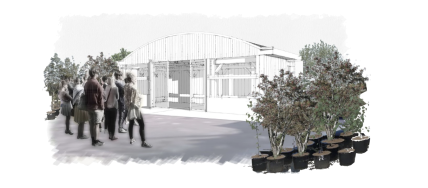
Bheag
native woodland habitat’ was introduced
to the island site at Kyrl’s Quay.
‘An Choill Bheag’ was designed and delivered in collaboration with Hometree and An Taisce’s LEAF programme. Over the last 6 months Matt Smith and Ray O Foghlú from Hometree tended the native Irish saplings and Niamh Ní Dhúill, a LEAF Officer with an Taisce cared for the Coill Bheag’s understorey. With the knowledge and commitment of Ray, Matt & Niamh the community on Kyrl’s Quay will be able to learn together about the key elements that are found in a native Irish woodland. The Coill Bheag is sponsored by Cork Chamber of Commerce.
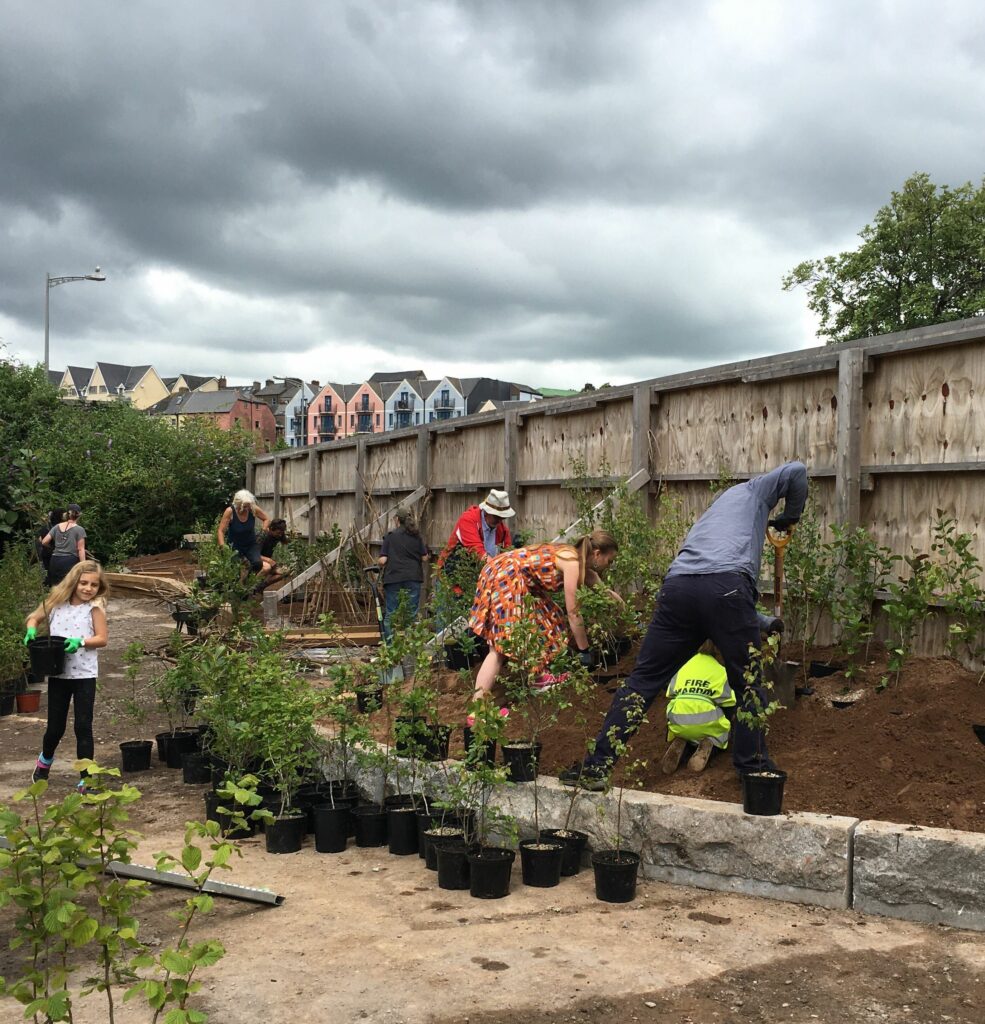
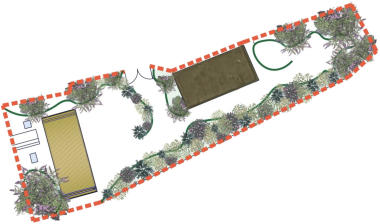
diverse site?
We believe in the power of experience – we want to learn more about native Irish species of trees and hedging plants; to see what a young woodland looks like and imagine what these saplings and sprouts could become as they develop into a mature and dense woodland.
Hometree “endeavours to deeply connect people with nature, and facilitates a wide variety of fundamental projects to address both Ireland’s declining biodiversity and the unfolding climate challenge.” An Taisce’s LEAF programme “encourages environmental education through awareness raising among students, teachers and the wider community.”
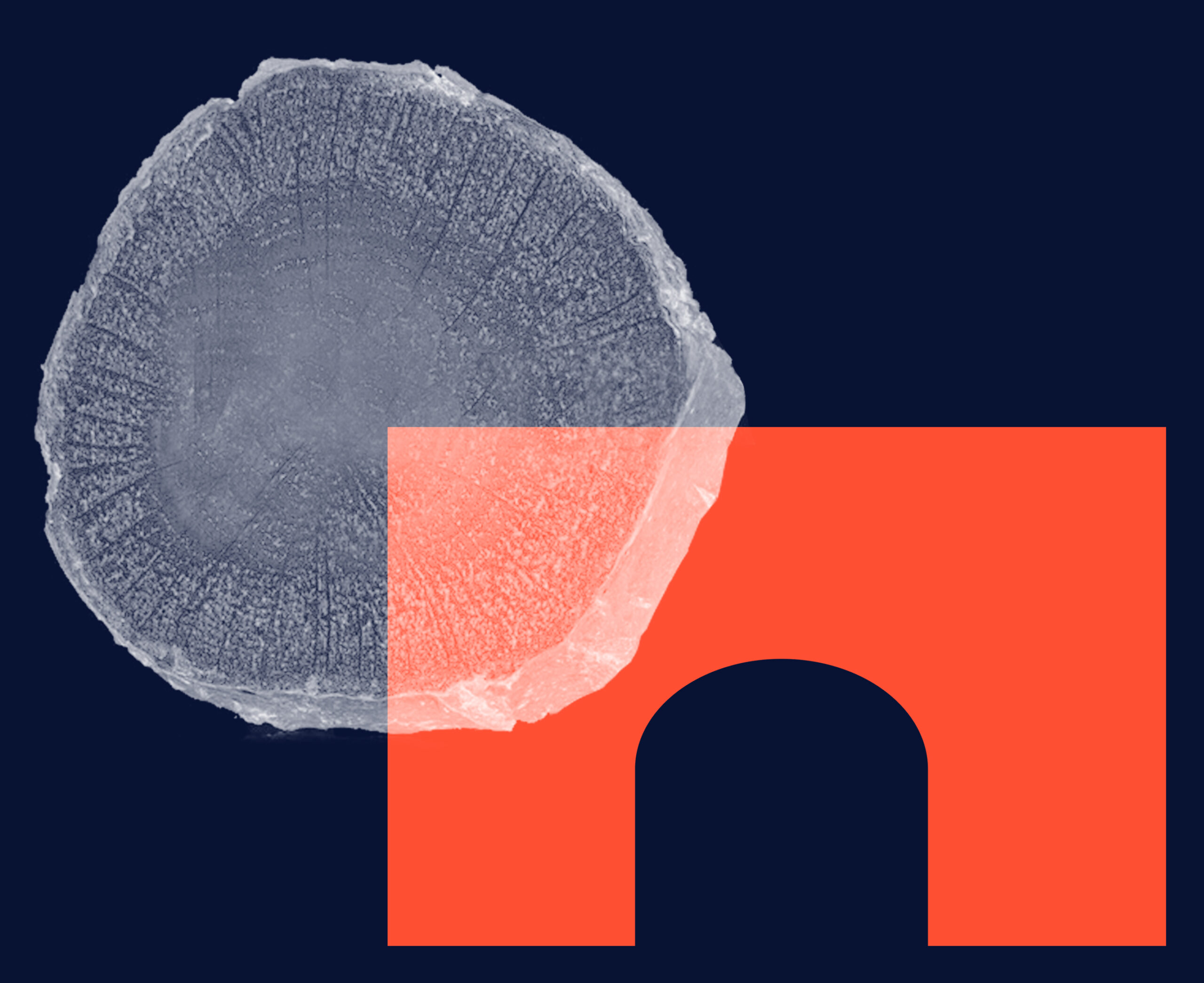
Material Passports - Best Practice Matthias Heinrich, Werner Lang
Passport
Presented in an accessible manner, this information is crucial to ensure a transition to an effective and meaningful reuse of this resource of construction materials.
“a way to evaluate the environmental effects associated with any given industrial activity from the initial gathering of raw materials from the earth until the point at which all residuals are returned to the earth” or “cradle-to-grave.”
Source: Environmental Protection Agency
“An Environmental Product Declaration (EPD) is an
independently verified and registered document that
communicates transparent and comparable
information about the life-cycle environmental impact
of products in a credible way.”
Source: The International EPD® System
The hoarding on site is used as an information
point - it reduces the sounds of the passing traffic and provides shelter from the wind.
Using Deirdre Breen’s shapes and designs the TEST SITE
team have installed a series of designs across the
hoarding. Circular peep holes are cut out across the
hoarding – each deliberately placed to provide a view
through to a plant species growing inside the site.
Public Inspiration Panels (PIPs) installed in collaboration
with local advertising agency Notes to Cork display
information about and responses to Kyrl’s Quay and the
TEST SITE project. The visual responses to the site
displayed on the PIPS at various stages during the
summer months provide another layer of engagement
with place.


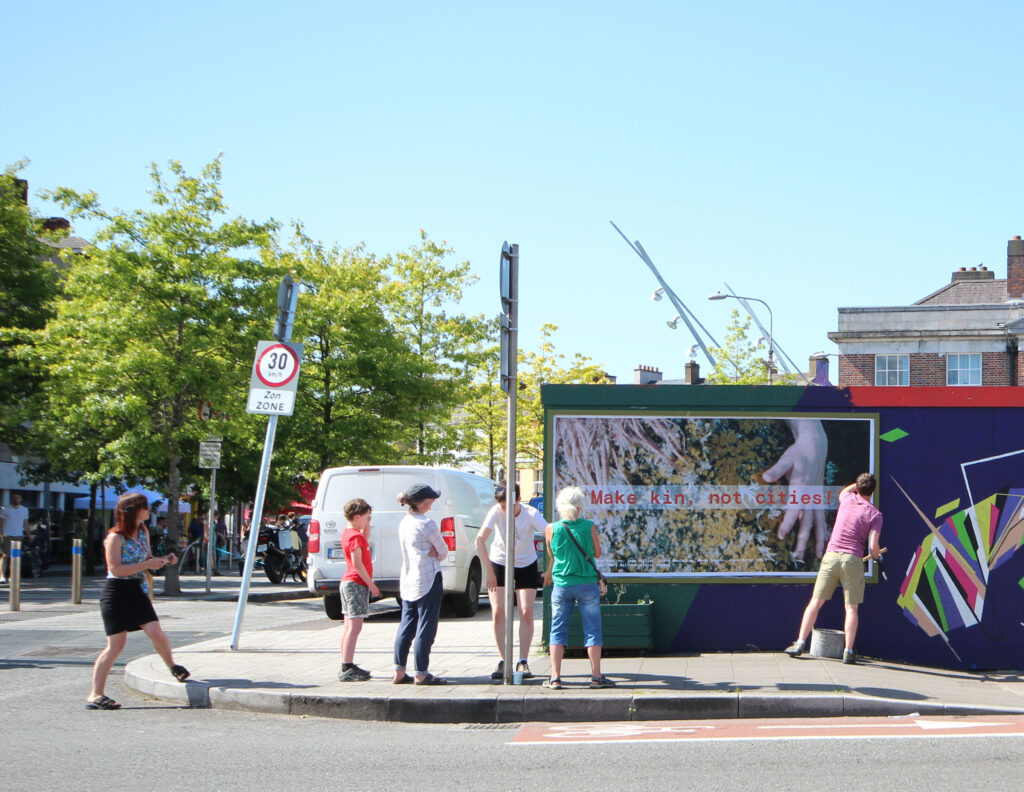
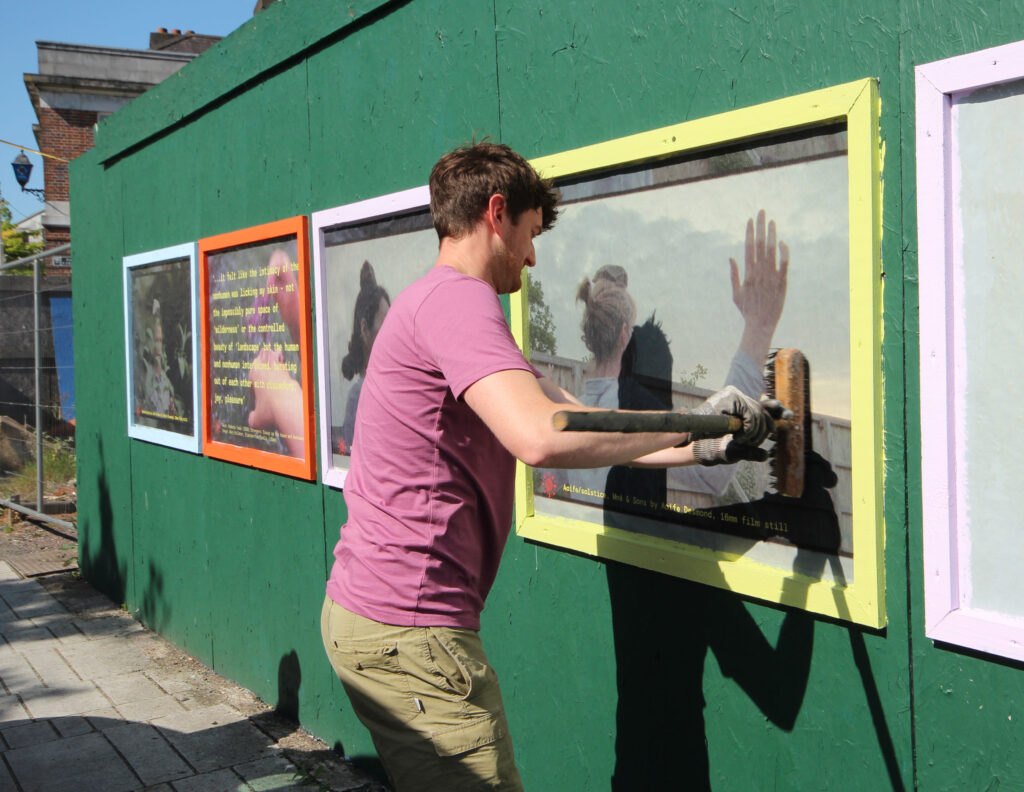
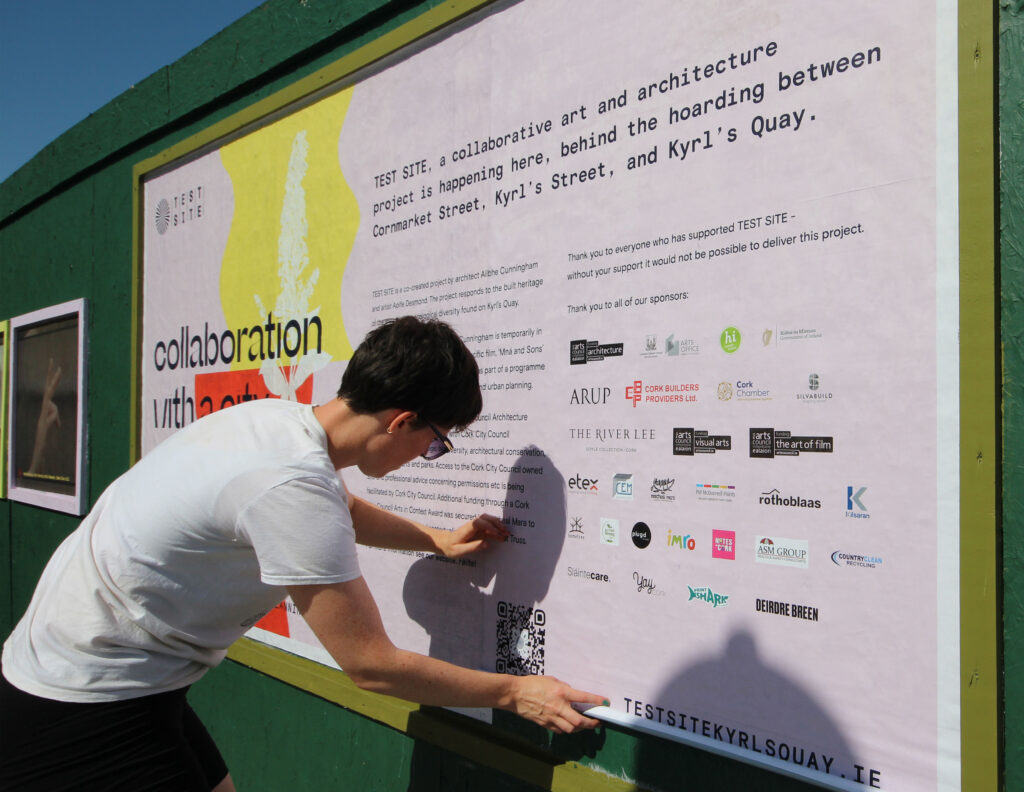
For TEST SITE’s chair making workshop
participants drew inspiration from
Enzo Mari’s “Autoprogettazione - a project for
making easy-to-assemble furniture using rough boards and nails.
An elementary technique to teach anyone to look at
present production with a critical eye.” In today’s
context we must not only consider the easy assembly
of furniture but also design for easy disassembly,
material separation and reuse. A material bank was
provided from the ‘waste’ of the TEST SITE
construction process. The material bank also
include other reclaimed materials, saved from disposal
and shorter than necessary end of life. The workshop
invited participants to use the material bank in a way
that exhibits the potential of reuse and adaptation of
construction waste – to show the added value of
designing for disassembly at the earliest stages of the
design process.
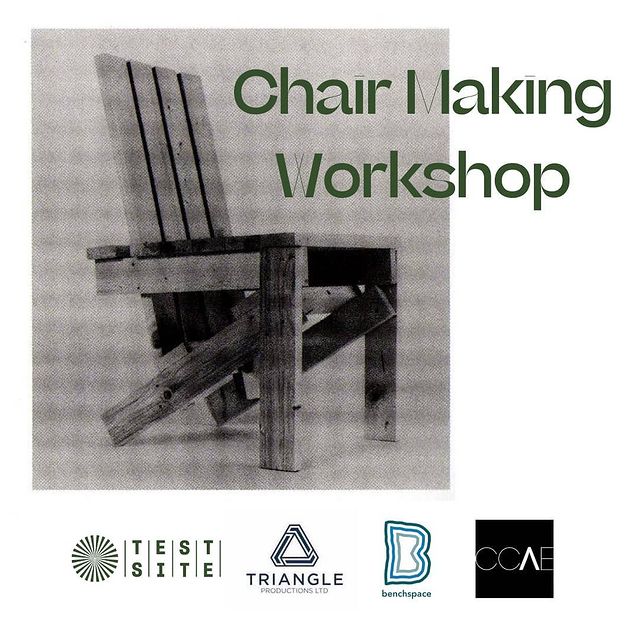
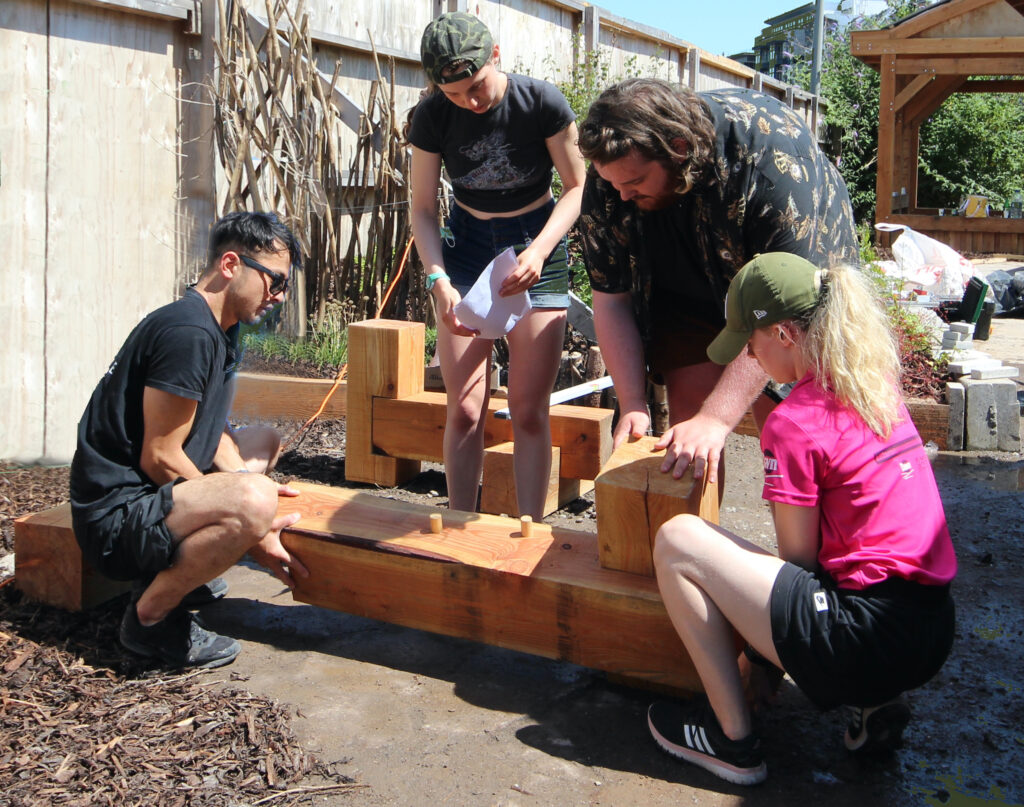
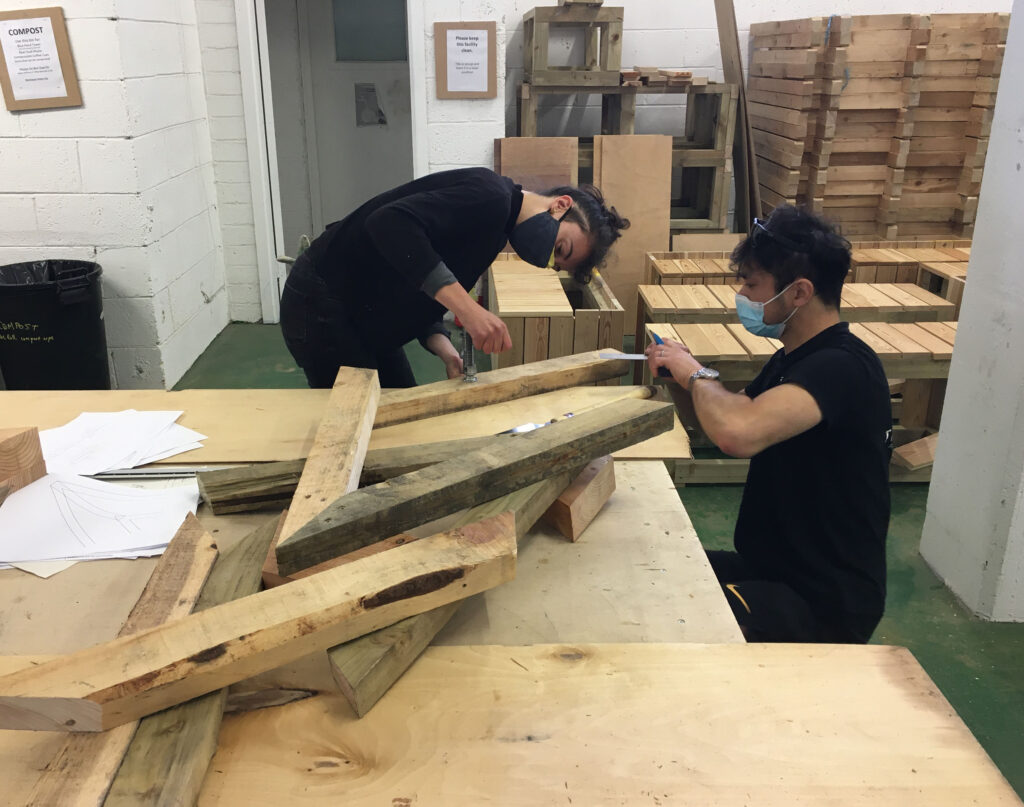
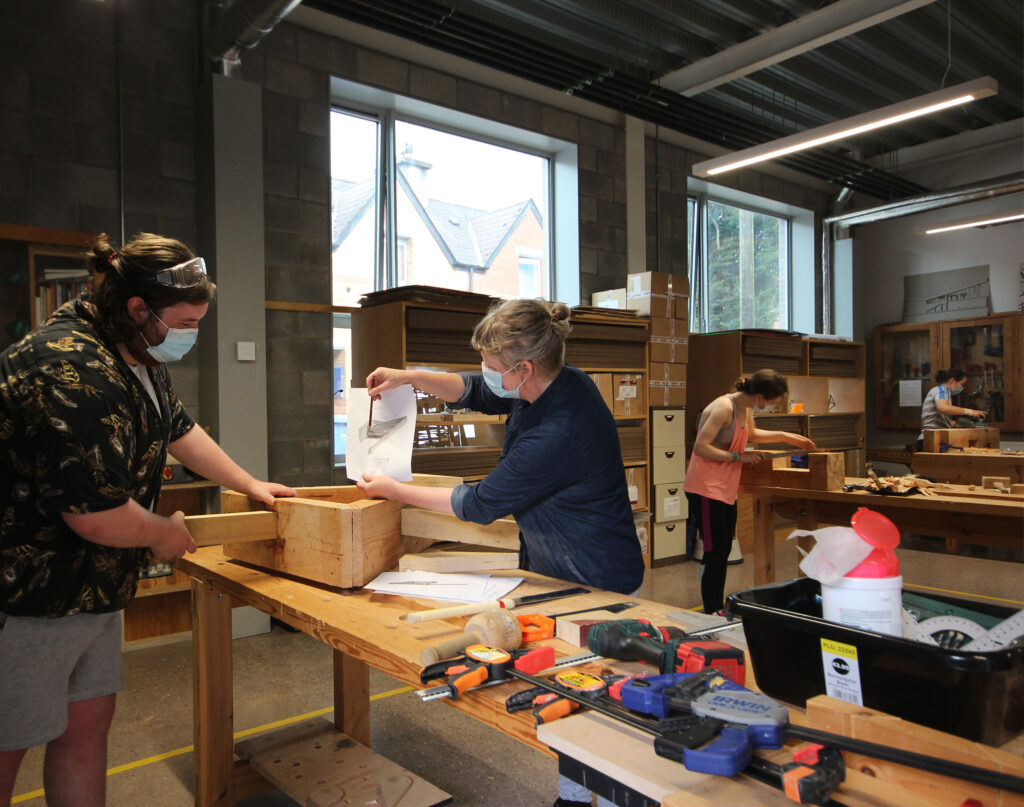
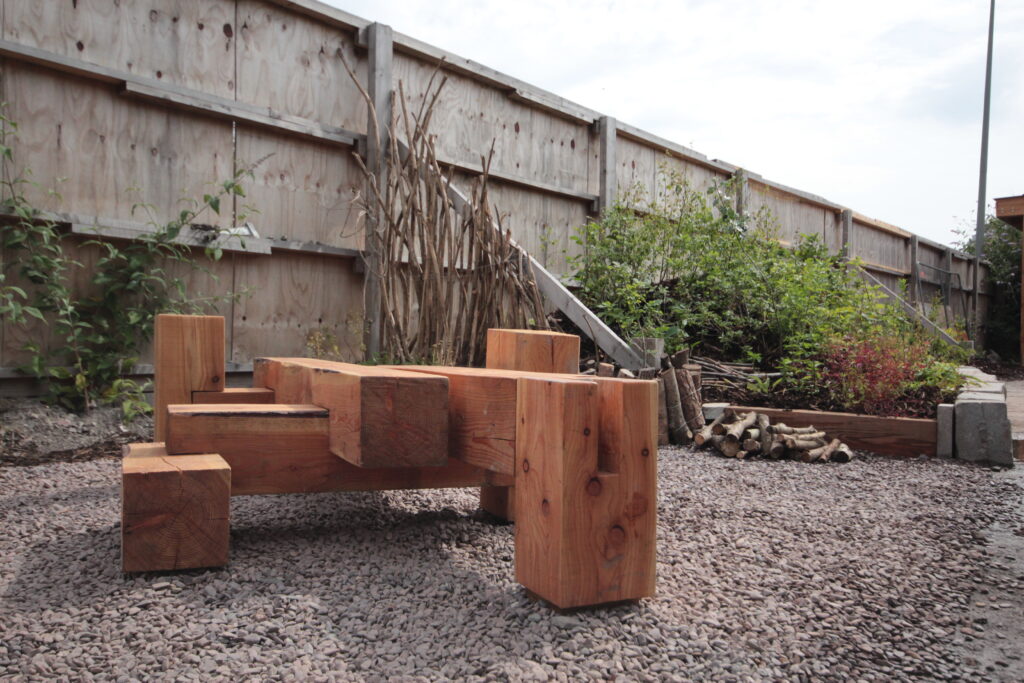
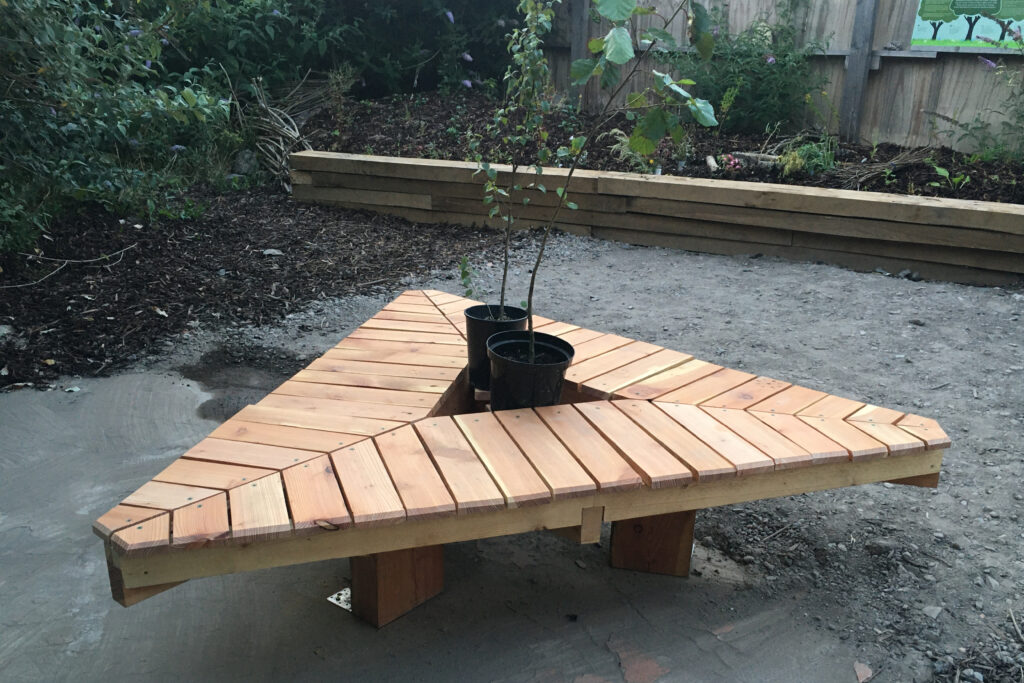

Feargal O Sullivan
ARUP Engineering
Structural Engineer
Project Engineer

Marta Carrara
ARUP Engineering
Structural Engineer
Project Engineer
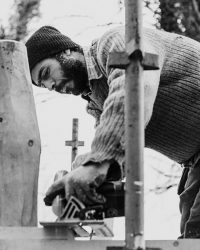
Adi Elkebets
Silvabuild
Wood Worker
Design & Build
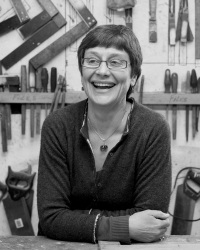
Cathy Buchanan
Meitheal Mara
General Manager
Coordinator of
Community Build
(Roof Trusses)
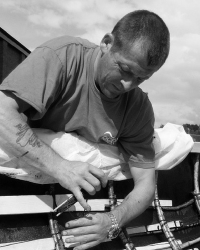
Seamus O’ Brien
Meitheal Mara
Workshop Manager
Workshop Manager
of Community Build
(Roof Trusses)
